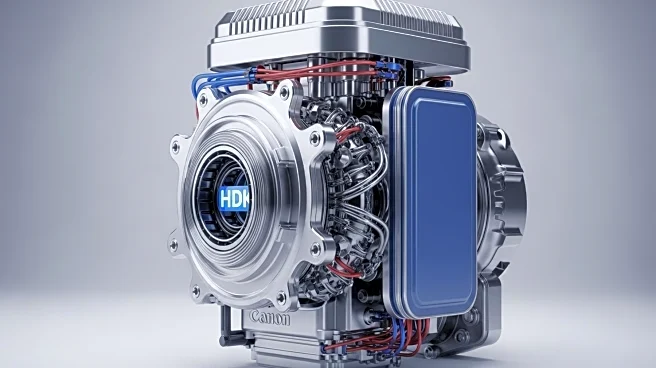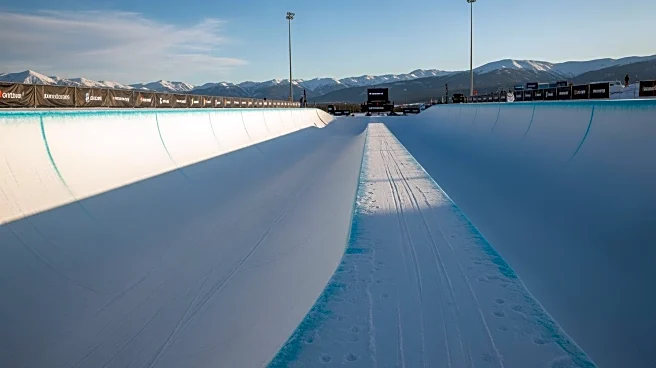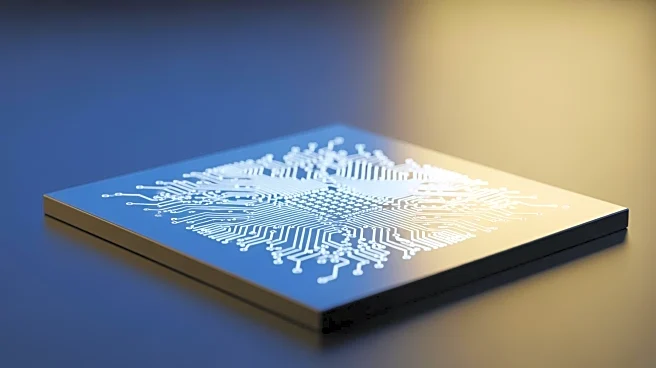What's Happening?
BMW has begun building prototypes of its third-generation hydrogen fuel-cell system, preparing for series production in 2028 for an unspecified vehicle. The new system is 25% smaller due to increased power density and is designed to integrate with future vehicle architectures, offering various drive system variants. BMW's second-generation system currently powers prototype X5 crossovers, and the new system may power a version of the next-generation X5 expected in 2026. The system is part of a collaboration with Toyota, with BMW designing the overall system while Toyota supplies the fuel cells. The new system promises increased range, higher output, and lower energy consumption compared to its predecessor.
Why It's Important?
BMW's advancement in hydrogen fuel-cell technology is crucial as it represents a commitment to alternative energy sources amid challenges in hydrogen production and infrastructure. The collaboration with Toyota highlights the potential for industry partnerships to drive innovation in clean energy solutions. Hydrogen fuel cells offer a cleaner alternative to gasoline, with a similar refueling experience, addressing environmental concerns and reducing greenhouse gas emissions. BMW's efforts could influence the automotive industry's approach to sustainable energy, potentially leading to increased investment in hydrogen infrastructure and technology.
What's Next?
BMW plans to integrate the hydrogen powertrain with its Neue Klasse models, although specific vehicle applications remain unconfirmed. The company is preparing a hydrogen-specific BMW Energy Master interface, set to enter production later this year. The development of hydrogen fueling stations and infrastructure will be critical for widespread adoption. Industry stakeholders will likely monitor BMW's progress, with potential impacts on automotive energy strategies and environmental policies.









